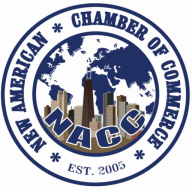Memuat data terbaru...
| Periode | Hari | Tanggal | Keluaran |
|---|
DEWI77 - Situs Game Online Dengan Winrate Paling Tinggi Gampang Cuan
Spesifikasi
- KompatibilitasLogin dewi77
- Mulai dariRp 10.077
- Branddewi77
Memuat data terbaru...
Deposit Tercepat
| Periode | Hari | Tanggal | Keluaran |
|---|

| Kategori | dewi77 |
| Merk | dewi77 |


 Official Store
Official Store  Top Rated
Top Rated